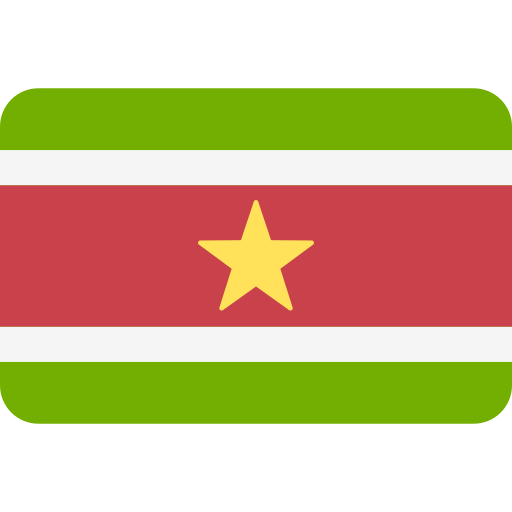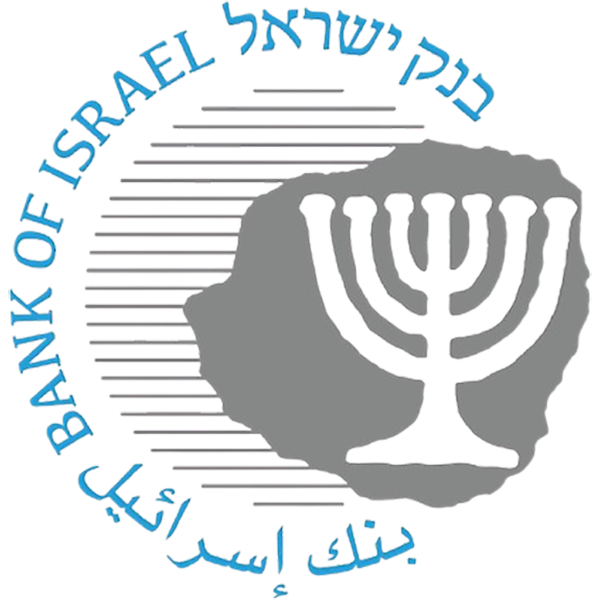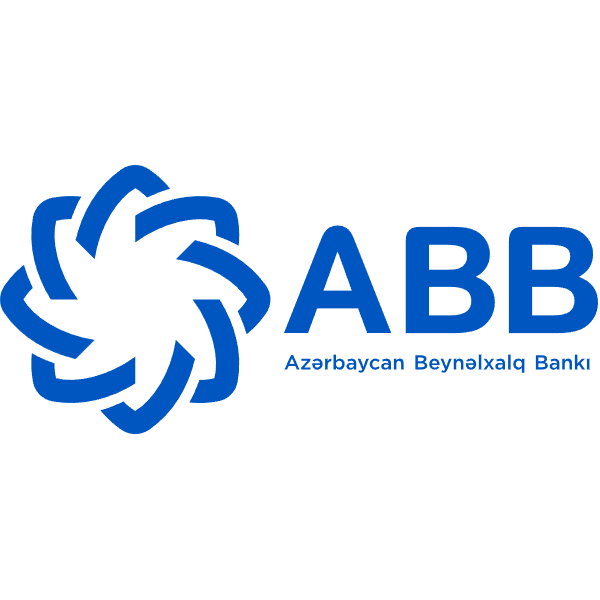Name and
BackgroundFull Bank Name: Centrale Bank van Suriname
Founded: The Central Bank of Suriname was established on April 24, 1957. It was founded before Suriname's independence, initially as part of the Kingdom of the Netherlands, and later as the monetary authority of independent Suriname.
Headquarters Location: Paramaribo, SurinameShareholder
Background: The Central Bank of Suriname is a fully state-owned institution.
Regulation &
ComplianceAs the central bank of the country, the Central Bank of Suriname is itself the regulator and is subject to the laws of the country.
Services &
ProductsThe core functions of Centrale Bank van Suriname include:
issue currency: It is the only institution in Suriname that has the authority to issue Surinamese Dollars (SRDs).
Management of the country's foreign exchange reserves: Responsible for maintaining the country's foreign exchange reserves, ensuring international payment capacity and exchange rate stability.
Implementing monetary policy: Influencing the money supply and credit conditions by adjusting instruments such as interest rates, reserve requirements, open market operations, etc., to achieve price stability and economic growth goals.
Banking Supervision and Licensing: Responsible for supervising and licensing financial institutions such as commercial banks and credit unions in Suriname to ensure their sound operation and maintain the health of the financial system.
Banks that act as banks: Act as lenders of last resort to provide support to commercial banks when they face liquidity difficulties. It also provides clearing and settlement services to commercial banks.
Acting as a bank for the government: Managing government accounts, advising the government on financing, and acting as an agent for the issuance of government bonds.
Collect and analyze financial data: Collect, collate, and publish important financial statistics to inform government decision-making and the public's understanding of the state of the economy.
Maintain payment systems: Ensure the smooth functioning of national payment systems, such as electronic transfer systems.
customer serviceThe
Central Bank of Suriname provides "customer service" to its regulated financial institutions, government departments and international partners.
Phone, email: Provide contact information for financial institutions, government departments and media to conduct business consultation and obtain information.
Online information: The official website is the main channel for publishing news, policy documents, reports, and statistics.
security measuresThe
Central Bank of Suriname is the core institution responsible for the country's financial stability, and its security measures are crucial, covering physical security, information security and financial stability.
physical security: Implement strict physical security controls for its vaults, data centers, and other important facilities.
Cybersecurity: Invest significant resources to protect its IT systems from cyberattacks, ensuring the confidentiality, integrity, and availability of sensitive data.
Operational Risk Management: Establish strict internal controls and operating procedures to prevent operational errors and internal fraud.
Financial Stability Maintenance: Through macro-prudential policies and the supervision of commercial banks, efforts are made to maintain the stability of the entire financial system, thereby indirectly ensuring the financial security of the public.
Contingency plan: Develop a comprehensive business continuity plan and disaster recovery plan to ensure that critical functions can continue to be performed in the event of an emergency.
features and
differentiationThe Central Bank of Suriname is distinguished and differentiated by its unique position and function as a national monetary authority:
Monetary Policy Maker and Implementer: It has the exclusive power to formulate and implement monetary policy, which makes it play a central role in economic regulation.
Guardians of financial stability: Their primary goal is to maintain price stability and the soundness of the financial system, not to pursue profits.
Participants in international cooperation: Represent Suriname in cooperation with international financial institutions such as the International Monetary Fund (IMF), the World Bank, etc., to promote the integration of the country's economy into the global system.
The cornerstone of the country's financial system: It is the highest level of Suriname's financial system, and all commercial banks operate under its supervision. Its decisions directly affect the country's economic operation and people's lives.










